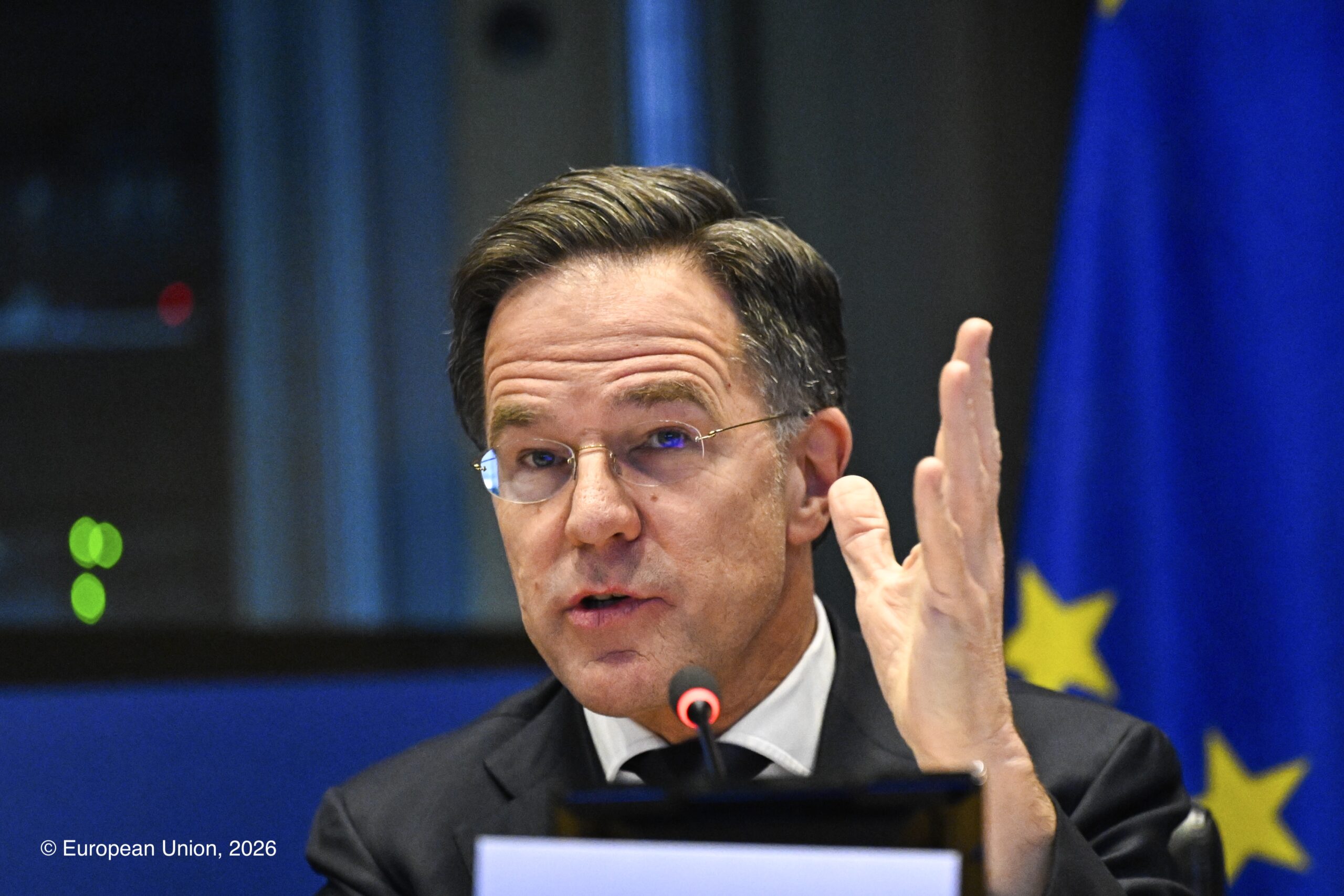Overview
As part of Budget 2025, the government unveiled last Tuesday, October 1st, plans for the deployment of a €1.5 billion surplus from the National Training Fund (NTF) over the next six years. Overall, the funding will be utilised to:
- bridge the core funding gap in universities.
- launch a major capital investment programme for third-level education.
- to continue upskilling programmes for workers.
The funding will be divided into €885 million in current spending – such as core funding for universities and skills programmes – and €600 million for third-level capital programmes – such as expanding campuses, and the construction of student accommodation. The NTF is resourced from a levy on businesses which equates to 1 per cent of employees’ earnings and takes in almost €1 billion annually. Since the government hasn’t been able to spend at the same rate as the revenue from the levy, the fund’s surplus has already reached €1.8 billion. Without intervention, it is expected to grow to €3.4 billion by 2028.
Next steps
There has been a sustained call from industry for the surplus within the NTF to be used for major upskilling programmes to ensure Ireland maintains a competitive edge through its labour force. Despite this, the government plans are to allocate the funding primarily for third-level education, with a smaller portion of the money going to the continued funding of skills plans. It has been reported that this has already caused some animosity from industry circles, with one source outlining it amounted to a “raid” on levies paid by employers to fix “poorly funded” third-level education. The use of the NTF was built into this year’s budget parameters, with only about €250 million expected to be deployed in 2025.
Of the three components of the NTF package, the increase in core funding for higher education is perceived as the most significant. At present, there is an estimated €260 million annual funding gap for third-level education. The plan proposes gradually closing the €260 million gap by increasing annual funding by about €90 million over three years, and maintaining that level until 2030.

